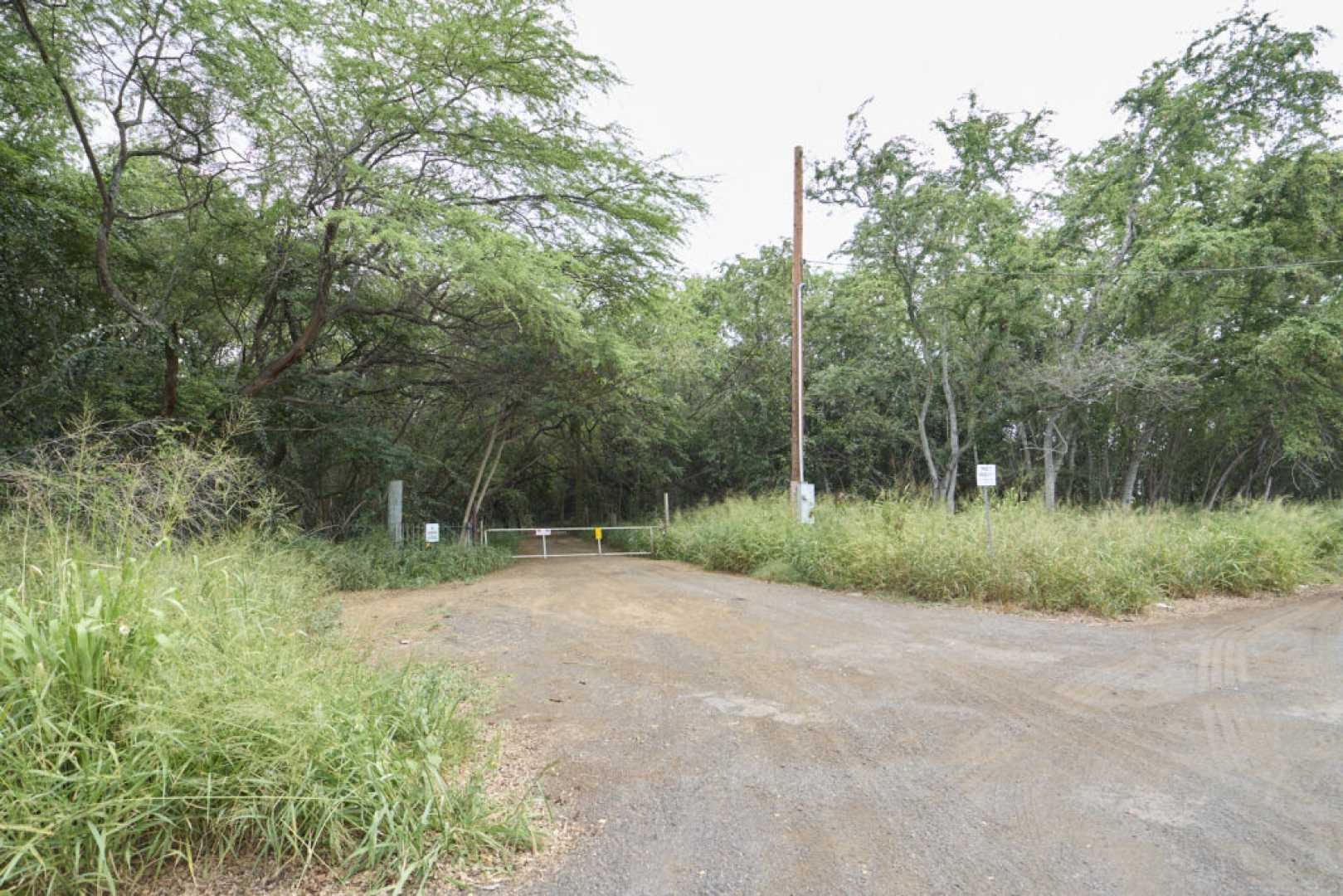News
Land Swap Proposal for Commercial Development in ʻEwa Raises Concerns

ʻEwa, Hawaii – A proposal to swap land in ʻEwa for commercial development has stirred debate among local officials and community leaders. The plan involves a developer purchasing former agricultural land, donating it to the state Department of Hawaiian Home Lands (DHHL), and leasing it back to build a commercial center.
This approach allows the developer to bypass county zoning regulations by using the DHHL’s special powers established by the U.S. Congress to improve housing for Native Hawaiians. Although there have been land donations for housing projects, this would be the first time a commercial initiative is linked to such a donation.
Commissioner Dennis Neves expressed apprehension about the proposal’s alignment with the original intent of the DHHL’s mission, stating, “It doesn’t put people on the land. I don’t think it works toward what the spirit of the act is.” Chairman Kali Watson abstained from voting during the discussions.
The developer, Kalanianaʻole Development, is led by Patti Tancayo, a member of the 29,000 people waiting for a homestead lease. Following a 5-3 vote by the commission in December, negotiations to proceed with the project began.
Supporters of the plan argue that the potential revenue could help DHHL, which has faced challenges in fulfilling its obligation to house Native Hawaiians. A past influx of state funds has not been consistent, prompting the department to explore commercial avenues.
Former commissioner Mike Kahikina pointed out that while he supports the idea of generating revenue, he is concerned who will ultimately benefit—from the deal: the DHHL beneficiaries or the developer. “That’s one big question mark,” he said.
The land involved was previously occupied by a slaughterhouse and has remained unutilized since the Catholic Church acquired it in 2008. Tancayo said Kalanianaʻole Development is contracted to purchase the land and aims to create a model that other developers can follow to generate revenue for DHHL.
Plan specifics remain in the works, including potential tenants such as pet stores or medical offices. Tancayo has emphasized that, unlike previous projects, she hopes to ensure the community receives a more significant share of profits from the development.
Local community leaders have voiced their concerns regarding the precedent this project may set for future regulatory bypasses by developers. Despite this, DHHL officials have indicated their support for the idea of receiving donated land, provided it leads to profitable commercial development.
As negotiations continue, the long-term implications of the project remain uncertain. Tancayo has noted that studies on the site will be conducted to check for any cultural landmarks that may affect development. “I’d be out of there,” she remarked, “if there is anything that would be controversial.”












